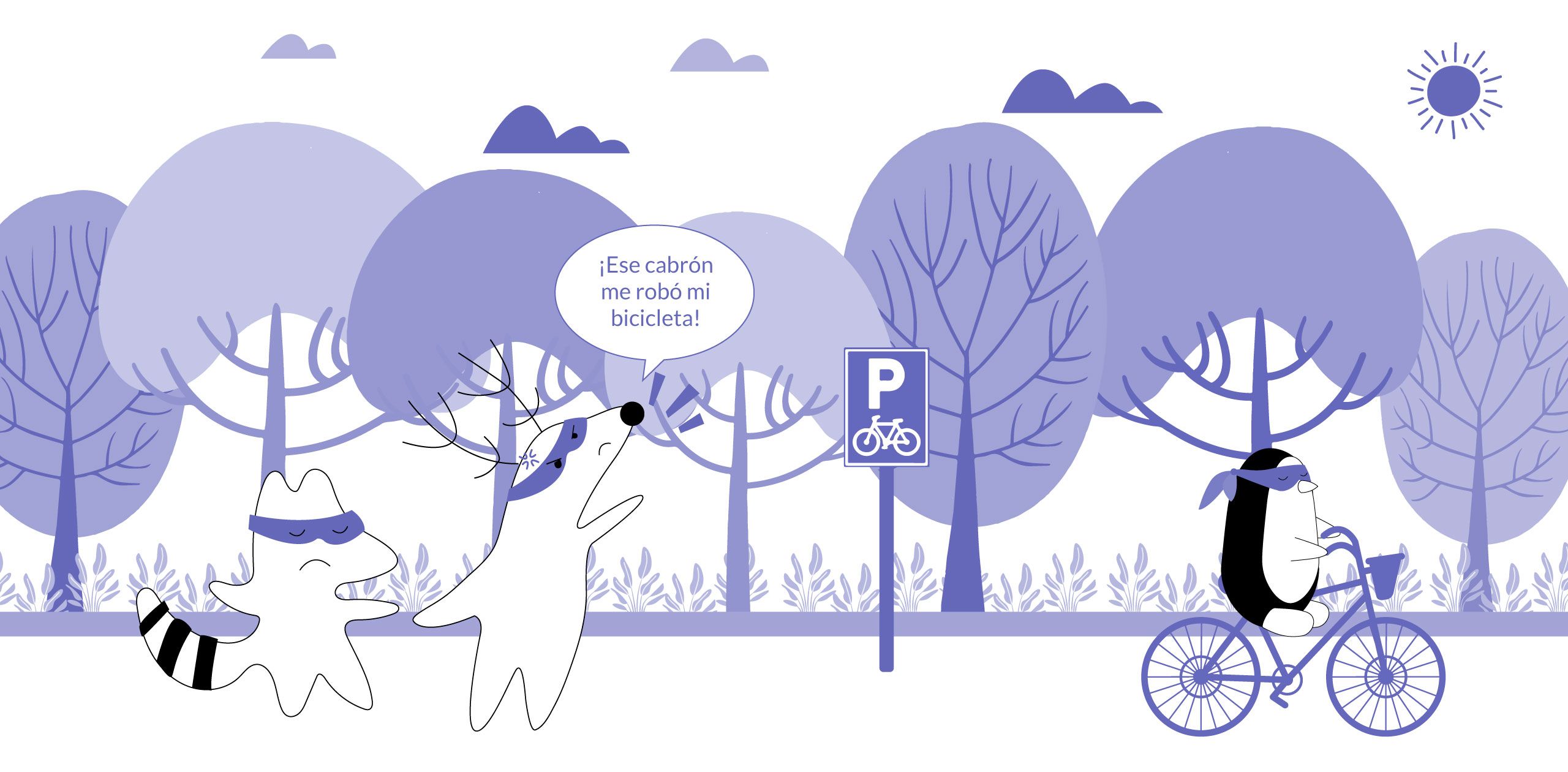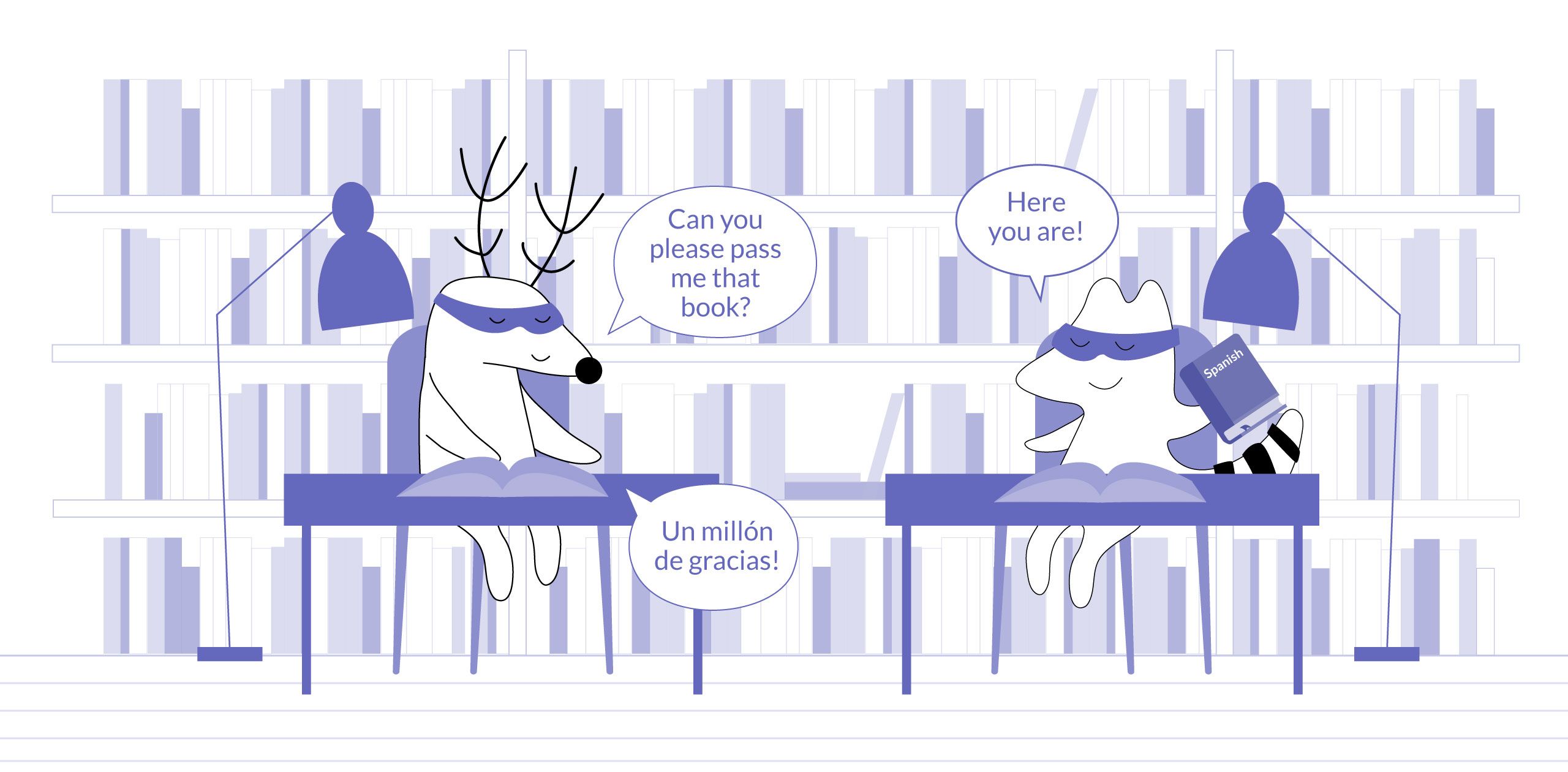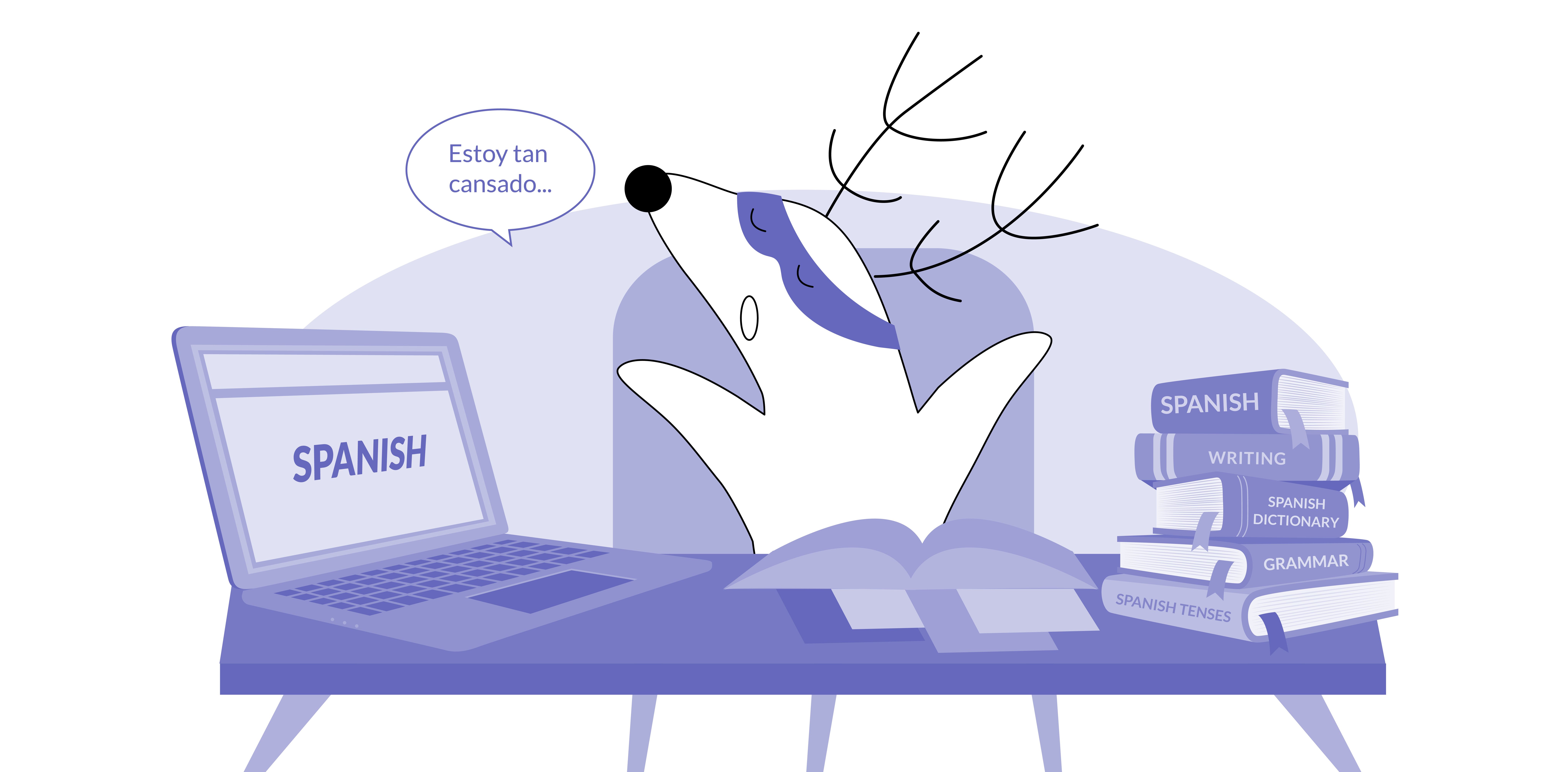
If you're learning new languages like Spanish, then you know the importance of starting with basic expressions like greetings, how to ask for help, or even saying "I'm tired." However, learning these phrases is not a straightforward task.
Just like every other language, Spanish offers multiple ways to express the same sentiment, each with their unique nuances. This article will delve into eight ways to say "I'm tired" in Spanish, exploring their connotations, context, and grammatical structure. Let's go!
Learn Spanish with Langster
The Importance of Expressing Fatigue
Expressing fatigue is not just about indicating that you need rest. It's a way to convey your physical or mental state, which can affect your ability to participate in activities, conversations, or tasks. Therefore, knowing how to properly express that you're tired in Spanish is crucial for clear and effective communication.
Here are eight different phrases (most of them are synonyms) you can use to convey the idea of being tired:
1. Estoy cansado/a
The most straightforward way to say "I'm tired" in Spanish is Estoy cansada (for women). Derived from the verb cansar, which means ”to tire,” this phrase is universally understood everywhere Spanish is spoken and is ideal for beginners.
For example:
Spanish
English
Después de trabajar todo el día, estoy cansado.
After working all day, I'm tired.
Estoy cansada, me voy a la cama temprano.
I'm tired, I'll go to bed early.
This phrase can be used in both formal and informal contexts, making it versatile and useful in various situations.
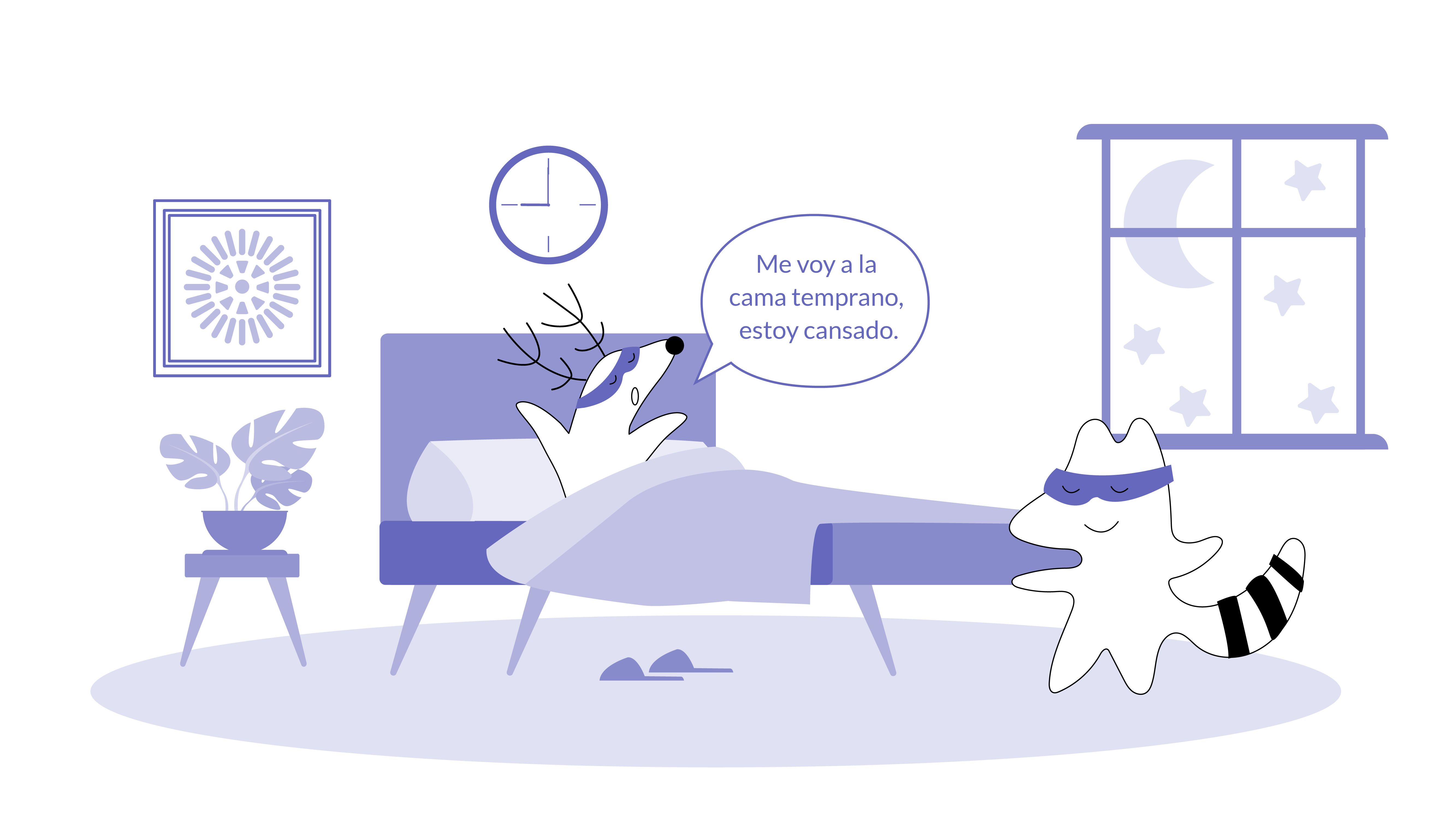
2. Me siento cansado/a
Another common way to express tiredness is by using the phrase Me siento cansado/a, which translates to "I feel tired."
This phrase is slightly more formal and often used to emphasize the subjective experience of your fatigued state, rather than simply stating a fact.
Spanish
English
He estado estudiando para los exámenes toda la semana, me siento cansada.
I've been studying for exams all week, I feel tired.
3. Estoy agotado/a
When your tiredness reaches a level where you feel completely drained, the phrase Estoy agotado/a comes in handy.
Conveying a deeper level of exhaustion (if you want to translate it, it would be equal to "I'm exhausted" in English), this phrase is used when you're extremely tired and need to communicate that intensity of feeling.
Spanish
English
Después de la maratón, estoy agotado.
After the marathon, I'm exhausted.
Hoy he trabajado demasiado. Estoy agotado.
I have worked too much today. I'm exhausted.
4. Estoy hecho polvo
If you're conversing with Spanish speakers from Spain, the colloquial phrase Estoy hecho polvo might come up.
Literally translating to "I'm made of dust," this expression is used to mean "I'm worn out." It's more informal and adds a touch of local flavor to your language usage.
Spanish
English
Tras la mudanza, estoy hecho polvo.
After the move, I'm worn out.
5. Tengo sueño
While not a direct translation of "I'm tired," Tengo sueño is a common way to express that you're tired in the sense of being sleepy. This phrase is particularly useful at night or when you're ready to go to bed, of course.
Spanish
English
No tengo ganas de salir hoy, tengo sueño.
I don't feel like going out today, I'm sleepy.
Es tarde y tengo sueño.
It's late and I'm sleepy.
6. Me caigo de sueño
For those times when you're so sleepy you could just fall over, Spanish has the perfect phrase: Me caigo de sueño.
Translated as "I'm falling from sleep," it's a colloquial phrase widely understood in the Spanish-speaking world, showing you have been involved in a tiring activity and now need rest.
Spanish
English
He estado despierto toda la noche, me caigo de sueño.
I've been awake all night, I'm falling from sleep.
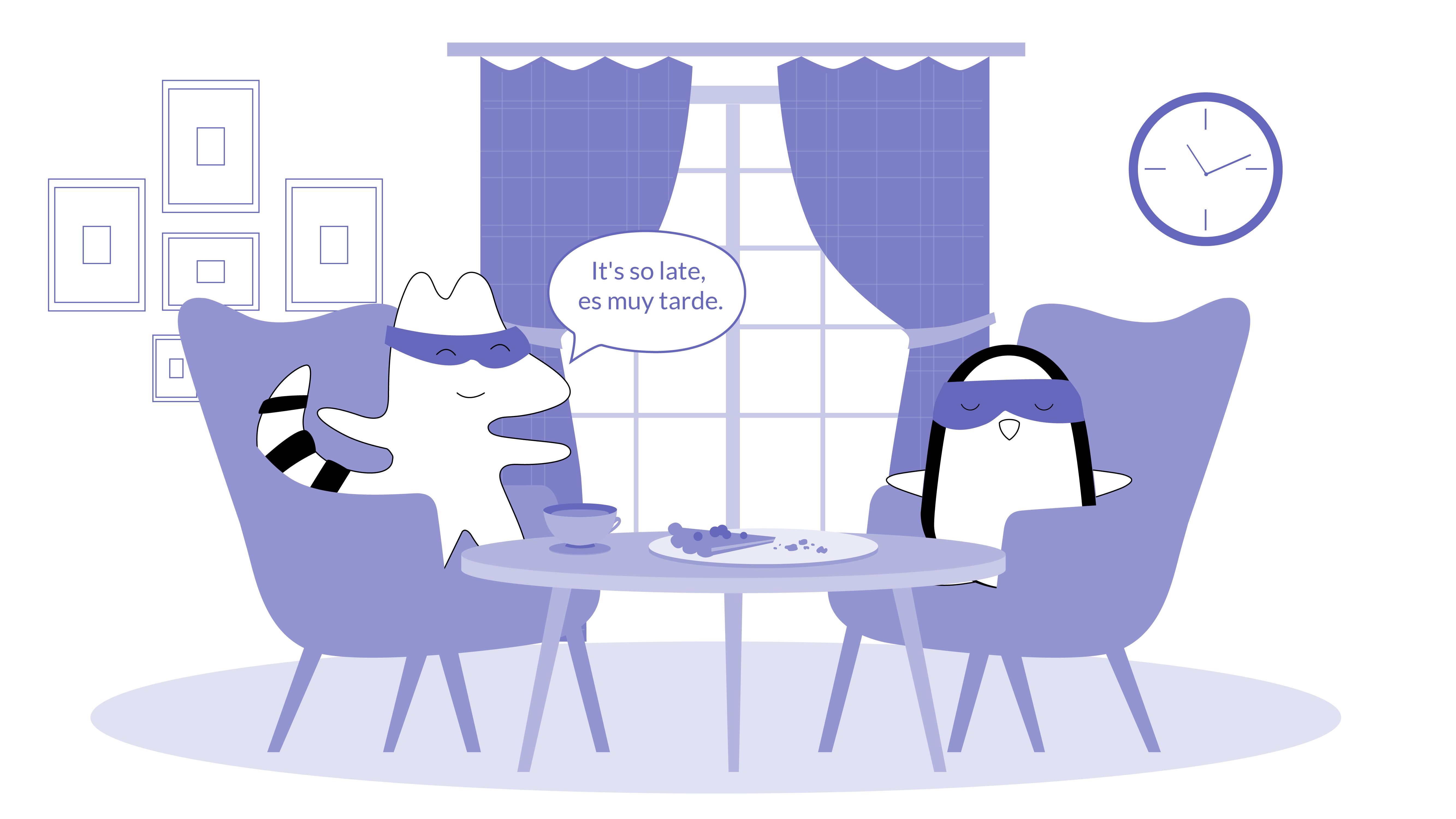
7. Estoy reventado/a
If you're looking to add some slang to your Spanish vocabulary, Estoy reventado/a is a good choice. This phrase translates to "I'm shattered" or "I'm beat" and is very informal. It's mainly used among friends or peers and adds a casual, relaxed tone to your conversation.
Spanish
English
Después de la fiesta, estoy reventada.
After the party, I'm shattered.
8. Estoy muerto/a
Lastly, if you're feeling dramatically tired, the phrase Estoy muerto/a might be the expression for you. This hyperbolic phrase means "I'm dead tired."
It's informal and should be used with caution to avoid confusion, but it can also add a touch of humor to your conversation.
Spanish
English
Acabo de terminar un turno de doce horas, estoy muerta.
I just finished a twelve-hour shift, I'm dead tired.
Tips for Choosing the Right Expression
Remember, context is key when using these phrases. While Estoy cansado/a is universally understood, phrases like Estoy hecho polvo or Estoy reventado/a might not be appropriate in formal settings or understood outside of Spain. Pay attention to the level of formality and regional differences when choosing the right phrase.
Also, consider the degree of tiredness you want to express. If you're just a little fatigued, Estoy cansado/a might be enough. But, if you want to talk about how exhausted you are, Estoy agotado/a or Estoy muerto/a might be more accurate.
Common Mistakes to Avoid
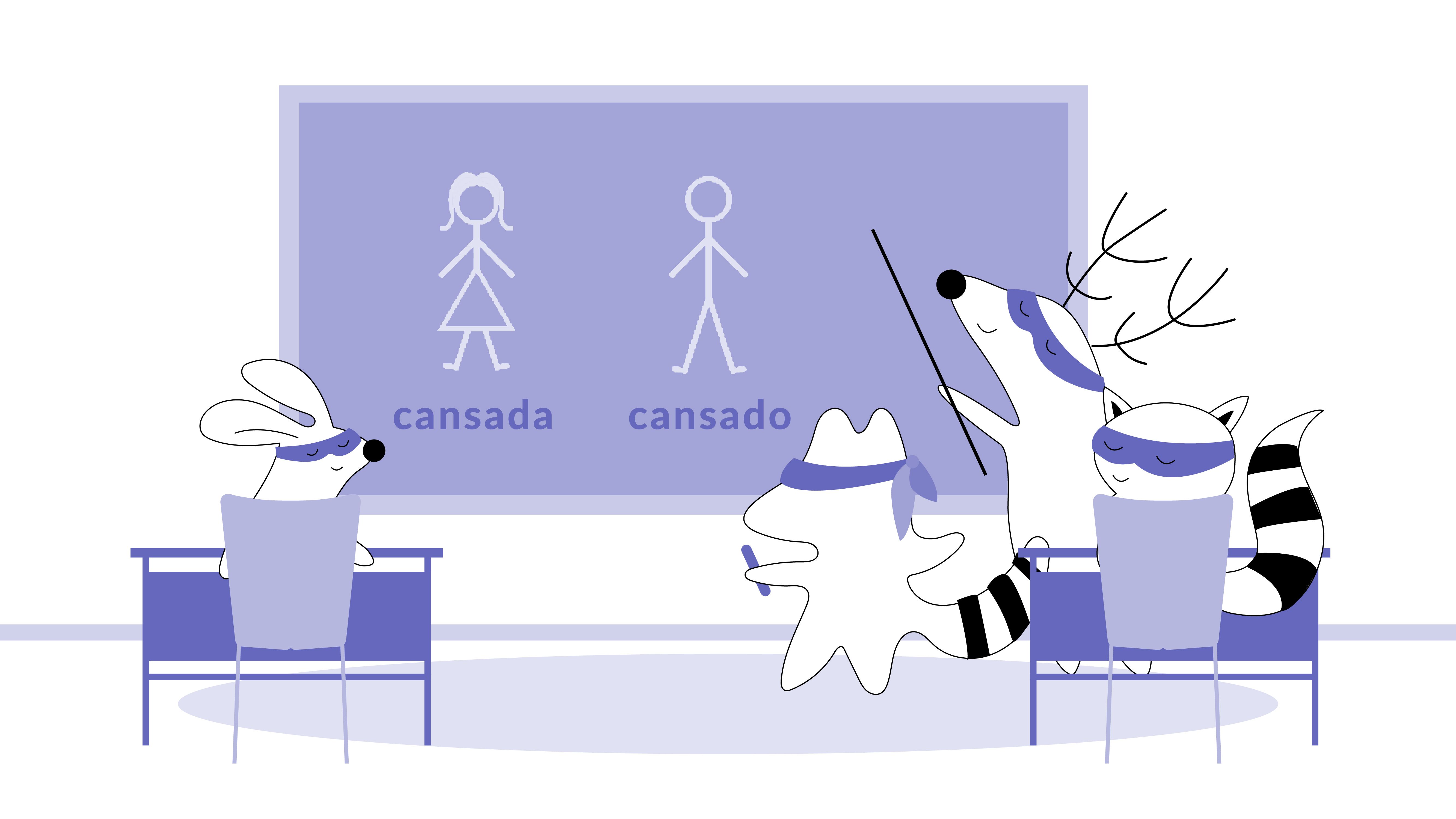
One common mistake among Spanish learners is forgetting about gender agreement. Remember to use cansado if you're male and cansada if you're female. Similarly, agotado and agotada, reventado and reventada, muerto and muerta should be used according to your gender.
Another pitfall to avoid is literal translations. For instance, estoy cansado doesn't mean "I'm canned"! Be aware of the idiomatic uses of these phrases to avoid misunderstandings and awkward moments.
The Bottom Line

In conclusion, expressing tiredness in Spanish is about more than just saying Estoy cansado/a. By understanding the nuances of each expression, you can communicate more effectively and authentically in Spanish.
So, the next time you're feeling worn out after a long day, remember these phrases, and choose the one that best fits your situation. And, if you need some extra practice, don't forget to use our Langster app (or its web version!) to start learning Spanish with the best stories and real-life materials.
Learn Spanish with Langster







